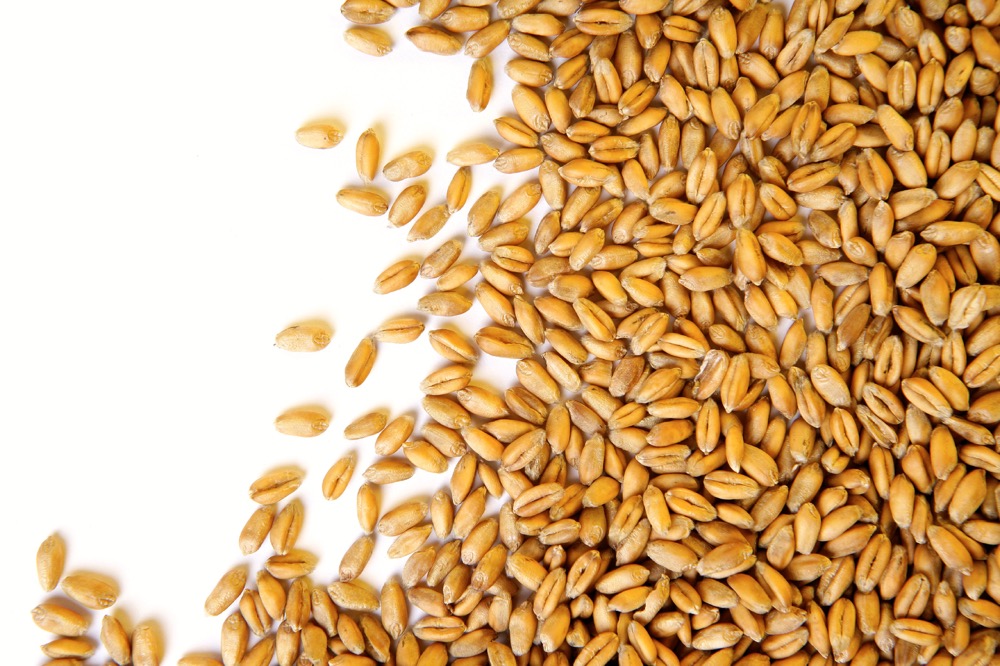A higher lifetime capital gains exemption on sales of farm property, accelerated capital cost allowance for food processing equipment and, further out, more money to boost agrifood exports are among the offerings for farmers in Tuesday’s federal budget.
Federal Finance Minister Joe Oliver on Tuesday described his 2015 Economic Action Plan as “a balanced budget, just as we promised, and it cuts taxes for hard-working individuals and families.”
Calling for a projected surplus of $1.4 billion in 2015-16 — well up from the Tory government’s peak budgetary deficit of $55.6 billion in 2009-10 — the budget is “a prudent and principled plan that will see Canadians more prosperous, more secure, and even more confident in our country’s place in the world,” he said.
Read Also

IGC raises 2025/26 world wheat crop forecast
The International Grains Council has raised its forecast for 2025/26 global wheat production with crop outlooks upgraded for Russia, the United States and Argentina.
For farmers, the biggest budgetary nugget to take effect immediately is an increase in the lifetime capital gains exemption (LCGE), as it applies to capital gains realized on disposition of qualified farm or fishing property.
Stuck at $500,000 from 1988, the LCGE on farm and fishing property was increased in 2007 to $750,000, then increased again last year to $800,000 and indexed to inflation, for a total LCGE for 2015 of $813,600.
The latest increase, the government said, “provides an incentive to invest in the development of productive farm and fishing businesses, and helps farm and fishing business owners to accumulate capital for retirement,” saving them an estimated $50 million in capital gains taxes between 2015-16 and 2019-20.
With the increase, “Fred” — a hypothetical 65-year-old southwestern Ontario farmer in Tuesday’s budget documents — could see another $27,028 in federal tax relief when he retires, sells his farm at the end of this year and records a capital gain of over $1 million on the qualifying farm property.
The new $1 million exemption will apply to dispositions of qualified farm or fishing property on or after Tuesday. For tax years after 2015, the LCGE for qualified farm or fishing property will hold at $1 million, until the indexed LCGE applicable to capital gains realized on the disposition of qualified small business shares ($813,600 in 2015) also reaches past $1 million.
Once that happens, the government said, the same LCGE limit, indexed to inflation, will again apply to the three types of property.
Capital cost allowance
Oliver’s budget also offers qualifying manufacturers and processors — including food and beverage processors — a 10-year accelerated capital cost allowance (CCA), at a rate of 50 per cent on a declining-balance basis, on eligible equipment acquired after 2015 and before 2026.
The new incentive “will help to provide businesses with planning certainty for larger projects where the investment may not be completed until several years after the investment decision is made and for longer-term investments with multiple phases,” the government said.
Allowing a write-off of eligible investments faster than the usual 30 per cent declining-balance rate will defer taxes for qualifying companies and allow them to recover costs of capital assets more quickly, the government said.
With the new measure in place, the government said, over 90 per cent of the cost of a qualifying asset will have been deducted after four tax years, down from seven tax years as per CCA rules until now.
Trade promotion
Other budget treats call for new agrifood trade program spending — but in fiscal years well past the next election, which is due Oct. 19 this year at the latest.
For example, the budget calls for $18.1 million over two years, starting in 2016-17, to “expand the activities” of Agriculture and Agri-Food Canada’s Market Access Secretariat.
That added funding would help to introduce new agriculture trade commissioners abroad and to play “a more active role in setting international science-based standards,” the government said.
Oliver on Tuesday also proposed an extra $12 million over two years, starting in 2016–17, to flow through the AgriMarketing program “to promote Canadian agricultural and agri-food products around the world.”
As part of the federal/provincial Growing Forward 2 ag policy funding framework, AgriMarketing was budgeted at that time for $341 million over five years (2013-18).
The added funds, the government said Tuesday, would go “to promote and differentiate Canadian products in a highly competitive global and domestic marketplace.”
The Canadian Pork Council, for one, hailed those proposals Tuesday in a separate release as “an ongoing demonstration of a commitment to agriculture and the hog industry market development efforts.”
“Broader action”
The council also noted other proposals in Tuesday’s budget of help to producers, processors and small businesses, such as cutting the small business tax rate from 11 per cent to nine per cent by 2019.
The council also noted the budget’s plan for $42 million over five years, starting in 2015–16, and $9.3 million per year past that “to expand the footprint and resources” of the Canadian Trade Commissioner Service.
The industry trade group Restaurants Canada on Tuesday also noted new moves to help businesses dealing with chronic labour shortages, such as programs to support youth and immigrants relocating to “areas where job opportunities exist,” and new labour market programs for aboriginal workers.
“There are thousands of restaurants struggling with unfilled positions, particularly in Western Canada. Today’s measures will help to some degree, but the problem demands much broader action,” Joyce Reynolds, the group’s executive vice-president for government affairs, said in a release. — AGCanada.com Network












